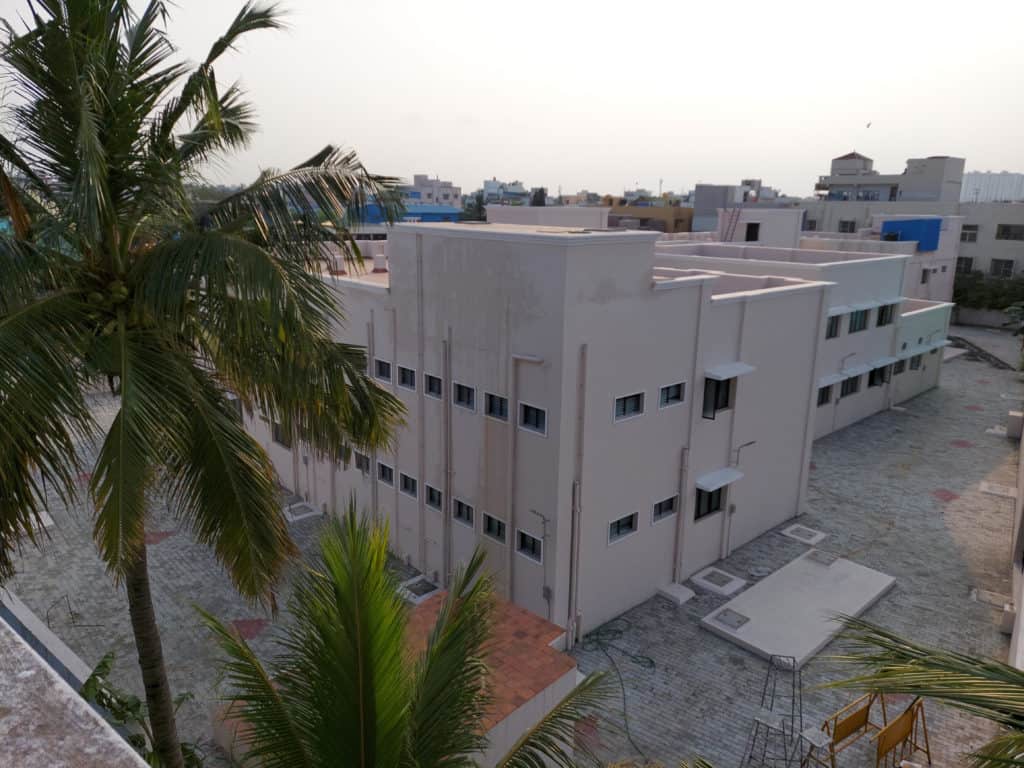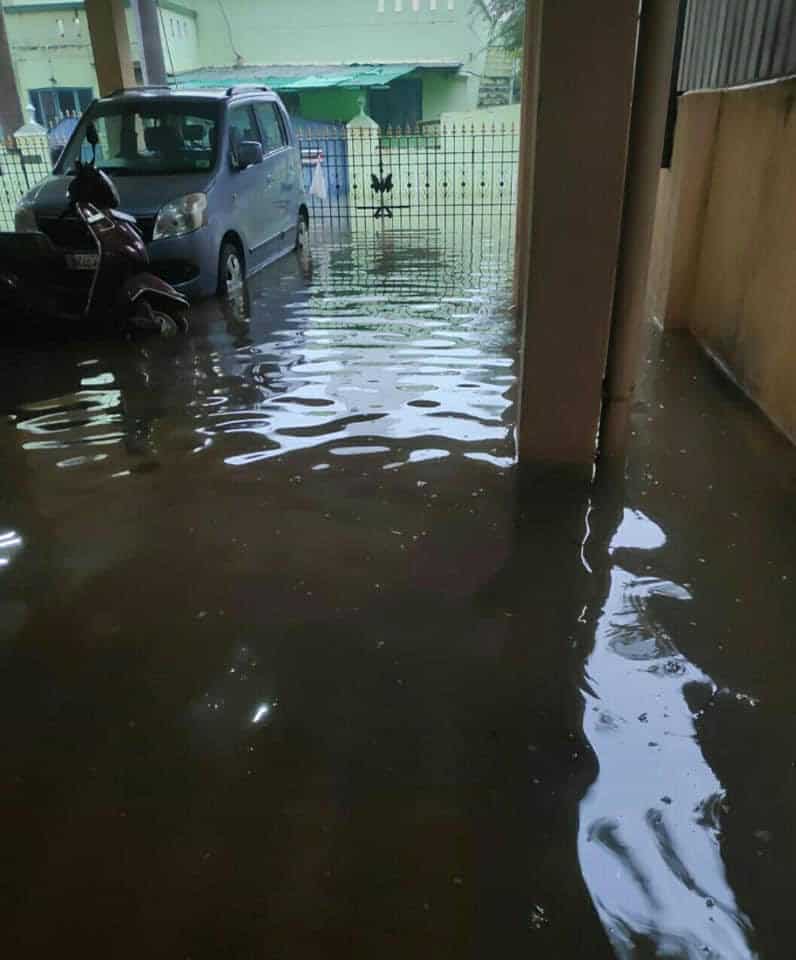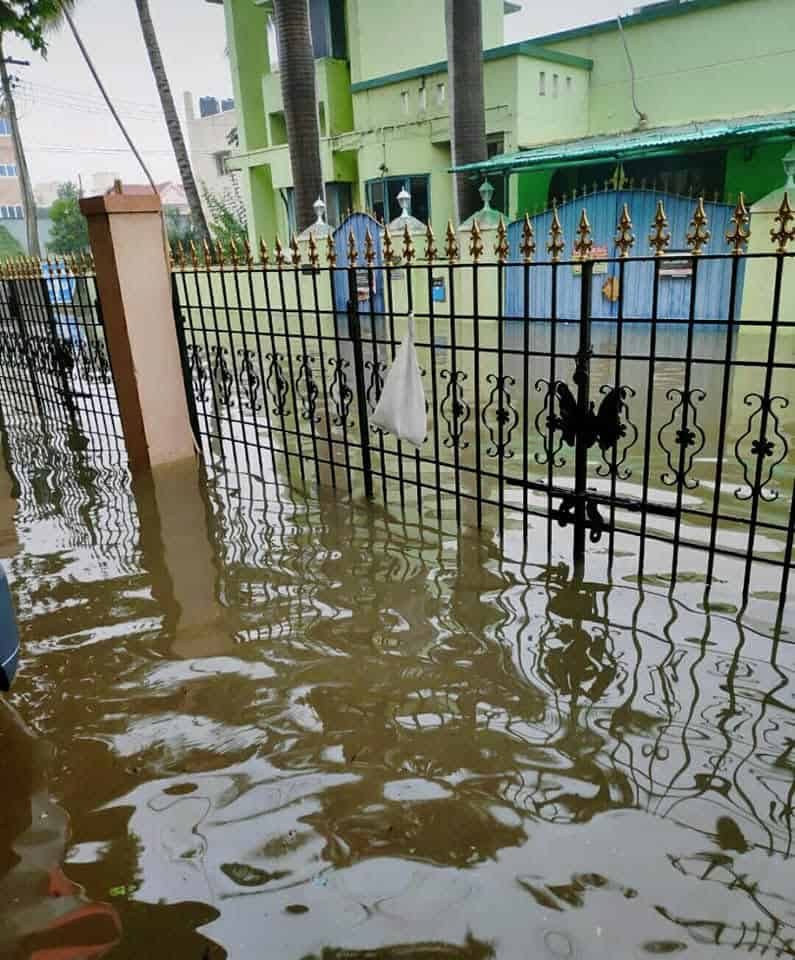Chennai saw unprecedented flooding the past year during the monsoon. Many streets were water-logged for days and residents marooned until the water receded. Analysis of the various reasons behind inundation in different parts of the city pointed to poor stormwater drain networking, poor construction of drains and loss of water bodies such as ponds and lakes to encroachment.
In addition to issues of flooding, loss of water bodies also leads to the loss of ecosystems that are supported by it. This is surely a cause for alarm in Chennai. The story of one such water body, a pond in Kolathur, highlights what we lose when we do not actively help protect such resources.
The importance of ponds
A pond can be a self-sustained source for aquatic habitats and has its own ecosystem around it. It supports a variety of aquatic plants, invertebrates, fish, reptiles and more.
It helps in maintaining the ground water level and serves as a natural resource for the surroundings. Some ponds even serve as a place for fishing by the local community. Ponds and their bunds are also used by cattle to rest and graze.
The disappearance of ponds and small water bodies has a wide ranging impact. There is reduced green cover leading to the transformation of entire localities into concrete jungles. Heat island effects become more common and there is a rise in temperature across the board.
The pond in Kolathur
The disappearance of a pond in Ganesh Nagar, Kolathur highlights all such issues that shrinking water bodies present for a city like Chennai. Earliest records available for the existence of this pond dates back to 1990. The pond was situated on poromboke land owned by the government.
Some of the common aquatic plants seen there were water hyacinth, reeds, water lilies, algae and submerged vegetation. Freshwater fish were a major part of the food chain.
Birds like ducks, herons, egrets, lapwings and kingfishers were commonly found near the pond. Water snakes and other poisonous snakes were also part of this pond ecosystem
The pond served many purposes. It had a natural slope. This made it ideal for holding all the run-off water from the nearby areas during the rainy season. This prevented inundation in the surrounding areas. Water draining into the pond also served to increased the water table locally.
Read more: Missing! How six ponds in North Chennai have disappeared in the face of rampant commercialisation
Pond makes way for buildings
When the proposal for developing the land the pond was situated in was mooted, the residents in the nearby areas requested that the space be converted into a public park and maintained.
But the authorities finally chose to build a hostel, an EB station and a pumping station on the land despite objections from the local residents.

As soon as the pond was artificially closed forcefully, the run-off water during rains didn’t have a place to drain into. But nature had its own plan, with every rainy season since the closure, the rain water kept stagnating in the plot where the pond once stood due to its natural slope system.
Read more: Of bullock carts, wells, fountains and reservoirs: Water supply in Chennai through the centuries
Impact during monsoons
Due to increased urbanisation in this area, the run-off water with nowhere to go ended up flooding the surrounding streets. The monsoon of 2021 was a disaster for the nearby streets which battled water-logging and ill effects of stagnation such as threats to public health.
The natural slope system which protected the area all these years became ineffective due to man-made errors. Kolathur became the cynosure of all eyes and remained in the news for its extensive water-logging.
Negligence and mismanagement such as the destruction of the pond leading to localised flooding became apparent with the spell of rains witnessed by Chennai. The disappearance of the pond in Kolathur and its impact is a lesson to protect water bodies even as the city marches on the path of development.
(Research for the story was done as part of the Urban Water Bootcamp conducted by Wipro Water Secretariat, a joint initiative of Wipro Foundation and Care Earth Trust.)

